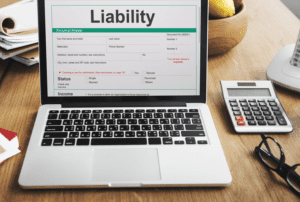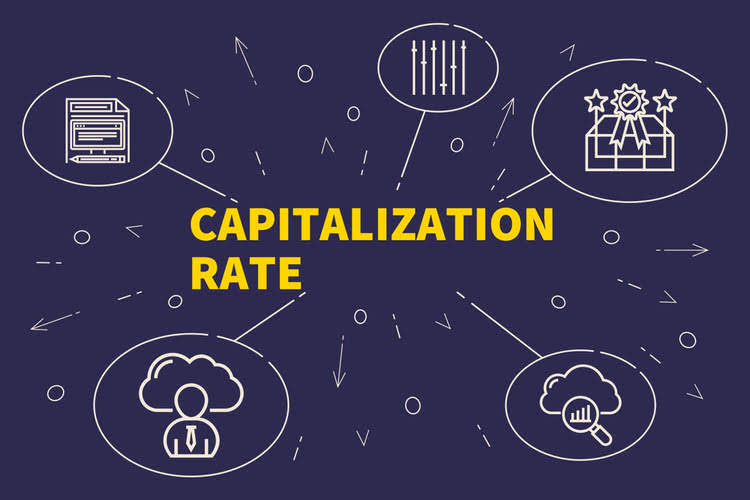
However, it largely depends on several factors, like the bookkeeper’s experience, qualifications, and where they are based. Compared to a traditional bookkeeping firm, freelance bookkeepers have lower overhead costs, which can lead to increased profits. A traditional bookkeeper will usually charge you an hourly rate to do your books each month. For bookkeeping price packages this reason your costs with a traditional firm can vary a lot, even between months. They will keep your books in order and ensure your business has the financial strength required to operate. For medium to large-size business owners, full-charge bookkeepers can also manage payroll.
Do you want monthly tips to grow your bookkeeping business?

If you want to learn about the fastest way to become a self-employed bookkeeper, working flexible hours online for your clients, check out Brilliant Bookkeeper. Having everything centralized in TaxDome helps us, and it helps the client. If this is you, you probably need insight into what is working in your business and what could be improved or changed. Solid monthly reporting that includes insight from an outside advisor is a key success factor here. We consider small businesses to have an annual bookkeeping revenue between $200k and $350k, that might have 1 or 2 employees and are owner managed.
How much does hiring an internal bookkeeper cost?
It also helps you avoid the occurrence of underpaying or overpaying the bookkeeper. What I recommend when you’re starting out is to begin with your hourly rate and transition your client into a fixed monthly rate. It’s really hard to figure out what to charge someone without actually doing the work and finding out how much time your client’s account will take you each month.
- Evaluation of workload fluctuations helps match the right frequency and hours to your budget.
- There’s a lot of different information floating around on cost, and it’s not always clear what might apply to your particular situation.
- Otherwise, you could wind up losing clients to other firms (and no bookkeeper wants that).
- This can lead to increased demand and potentially higher fees as bookkeepers become busier.
Who are bookkeepers?

Discover the direct correlation between standardized processes and boosted profits for your accounting firm. There is a fine line between overcharging and undercharging, but the sweet spot does exist and you’ll know when you find it, because your clients will be happy, and so will you. Templates, workflows and automations all give you time back in your day that you can spend building your client base and adding value for existing clients. Most people don’t want the most expensive option, but they also feel dissatisfied with selecting the base option because it lacks certain features. Studies show that if given three options, consumers are 66% more likely to choose the middle tier. You can take into account the client, the job type, your experience, along with many other factors to give a fair quote.

- Rates can vary based on the bookkeeper’s experience, certifications, and areas of specialization.
- We can help you enter financial transactions, reconcile accounts, and keep your records up-to-date.
- Keep in mind that this is often not binding – meaning it might take a lot longer than they think it will, which means your costs would be a lot higher than the quote.
- In most cases, working out a set rate is best and makes it easier for your budget.
- For outsourced bookkeeping, the price is from $500 to $2,500 per month for basic bookkeeping tasks.
- For example, a Certified Public Accountant (CPA) is paid more than a traditional accountant due to having to meet higher education and licensing requirements depending on their state.
- Even though they are less expensive, a less skilled accountant might not be aware of these subtleties.
Two of the most prevalent models are fixed-rate (or flat-rate) and hourly rate structures. Understanding the nuances, benefits, and potential drawbacks of each can aid businesses in making informed decisions. While it promises efficiency, accuracy, and real-time insights, it also necessitates a shift in how bookkeepers perceive value and how they structure their rates.
- Average monthly fees for this type of activity include from $500 to $2,500.
- If you have a large business or more complex needs, you may need to hire a full-time bookkeeper.
- Becoming certified in your accounting software is a green light for business owners.
- Once you’ve established the level of bookkeeping support you need, it’s time to look at how much bookkeepers cost so you can make the most financially-sound decision for your company.
- Some businesses only need the basics, such as recording transactions and paying bills, while others require monthly closings, reporting and analyzing financials for insights.

One of the most fundamental decisions business owners face is whether to outsource bookkeeping tasks or hire an in-house bookkeeper. Some bookkeepers also offer transaction pricing in tiered blocks – you may pay a flat $39 monthly fee for up to 30 transactions and only $0.95 per transaction beyond that. Carefully estimating your typical monthly transaction volume will help identify the most cost-effective per transaction pricing. Such billing allows you to pay only bookkeeping and payroll services for work done, but rates can add up quickly.

For example, 200 monthly transactions may only cost $0.75 each, or around $150 total. Outsourced services offer convenience, consistency, and cost savings, while supporting your business as it grows. It all comes down to the level of support you need and the complexity of your business.
Average Freelance Bookkeeper Hourly Rate By State
It’s determined by their level of education, years of experience, certifications, and specializations. For instance, a Certified Public Accountant (CPA) will generally have a higher hourly rate than a general bookkeeper without formal certification. However, if your needs are more complex — e.g., managing payroll — you’ll likely need to hire a more experienced bookkeeper.
